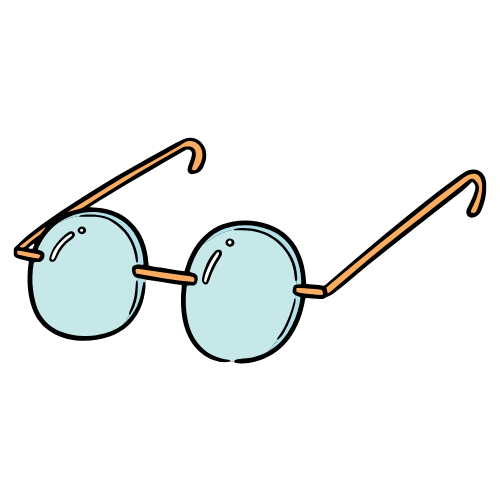Nearly everyone knows the story “For sale: Baby shoes, never worn” (which was most likely not written by Hemingway, by the way). But I don’t want to discuss ownership or implications of this text or go into the details of super-short short stories (called “Flash fiction” in case you didn’t know). I want to use it to explain the power that words have.
“For sale: baby shoes, never worn” is the whole story – six words in total. Yet it doesn’t need more to create a whole background and set of emotions. Everyone has a story in their head – why were those baby shoes never worn, what happened to the child, who is the seller? The answer to these questions might look different for everyone and so everyone has their own story in mind. But we all got a – most likely – tragic story in our heads that is combined with emotions of sorrow and heartbreak. All of this with just six words. It’s the same for every book or story you read – or even a small text you get. Each of those texts, or snippets if you will, create their own stories or extend some that have been going on for a while (for example, a message from a friend will add to this person’s story you have in your mind).
It is not only texts that have a power over us but every single word. Have you ever discussed with someone you know about a book you read and noticed how each of you interpreted a part differently? (if not, join a book club – it will broaden your horizon) Or have you noticed how a book changes with the emotional state you are in? But it works the same in the opposite direction. If you read “For sale: Baby shoes, never worn” you will feel sad. Those are just words, you don’t know more than this, but this is the power words have. There is no person you can feel sad for but the general emotion will be there, because you have the story in your mind.
Pretty much any situation in life illustrates the idea. The words we use can uplift a person or pull the same person down. Unfortunately, we almost never know what actually happens. I want to explain with another example from a song by Jessia and Bebe Rexha. The lyrics I want to use are: “Look at that face, look at that body, look at that smile, look at that eyes.” On first glance those are compliments, meant to make a person feel confident in their appearance. Yet the same words can be used to make a person feel insecure. “Look at that body” can be used in “oh, how awesome that person is” or in a form of body-shaming. The same words – just another interpretation. And there we are at the main point: the power of words is also the power that we misunderstand each other. It might just be a light change in the voice or even our own feelings that will lead us to interpret the meaning. That could be good, or it can be horrible and neither the sender nor the receiver have a lot of influence on their interpretation. We can only try to make ourselves really clear – use “I like your smile” instead of “look at that smile” for example. It will reduce the risk of misinterpretation (although, again, the way you say something might make this creepy too).
Human communication will just come with a lot of hurdles. Words have a lot of power. So we have to be careful how we use this power. When you read something, try to check if it can be understood in a way you didn’t intend to. Ask when you get the feeling something was misunderstood. Because in a few cases in our communication it is as obvious that something bad has happened, as in the case of “For sale: baby shoes, never worn”.





your thoughts?